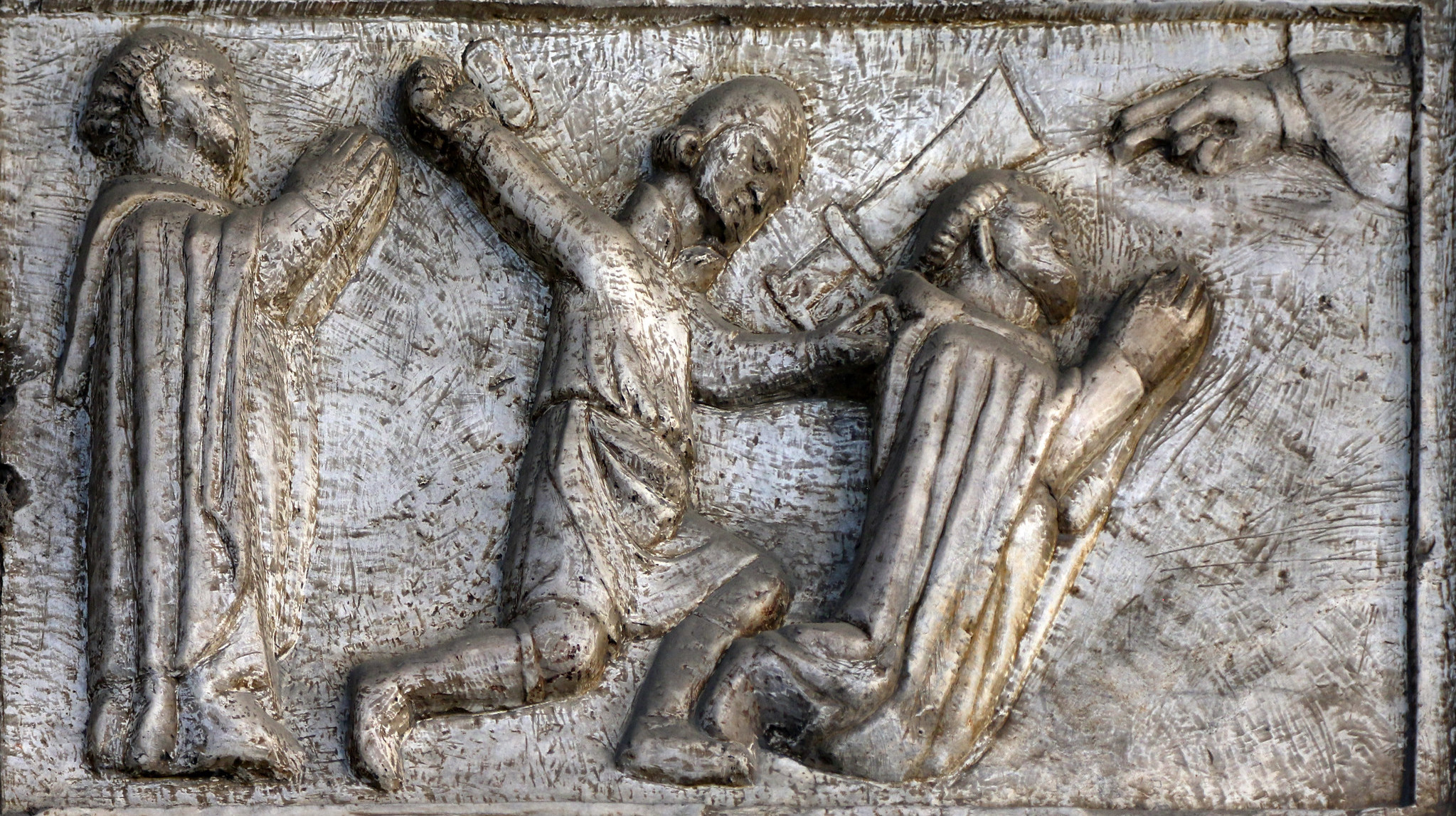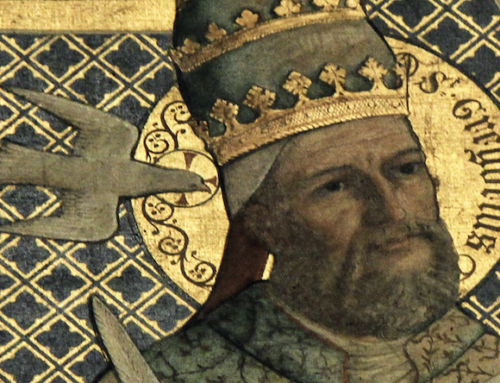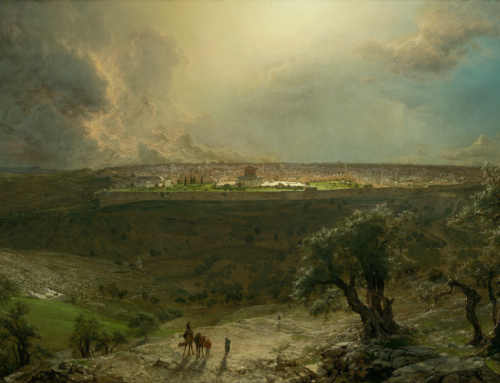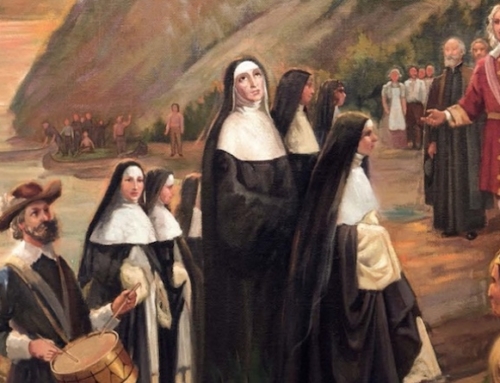Entering religious life entails a dying to self for the sake of Christ. You are “vowed into Christ’s death” as Brother Damian Day described so beautifully last week. We make solemn vows usque ad mortem, until death, and promise to be obedient for the rest of our lives. Just as Christ was a living sacrifice for our salvation, utterly obedient to his Father, so too the Friar Preacher professes a life of obedience to God and his superiors.
Our desire to understand the religious vocation is a lifelong journey, plumbing the depths of what it means to be obedient, poor, fraternal, and loving—loving in the most profound sense of the word. It is a love of sacrifice, where you would endure all things just to gaze upon the one you love. We commit ourselves in solemn profession and then take our life of intellectual and spiritual growth to the apostolate. We preach, we teach, we study, we pray—we glorify God our Father. And eventually we die.
Only God knows the day or the hour, but we must prepare for death. Preparing for our reunion with God, who is our ultimate end (see ST I-II, q. 1, a. 6), is the whole point of religious life. Fostering the very powers by which God made us in his own image and likeness, we strive to know and love him, feeding the intellect and loving deeply with our will. As we prepare for this divine reunion, most of us will die at an old age, perhaps surrounded by our brothers and family, deep in prayer. Others will be taken sooner—maybe even martyred.
Saint Dominic himself begged the Lord to be martyred so as to live out the famous words of Christ, “No one has greater love than this, to lay down one’s life for one’s friends” (John 15:13). Although he desired to convert the infidels of Persia and Greece, Dominic would turn his attention to evangelizing the Albigensian heretics in France. There, amidst this battle at home, he hoped to find the martyr’s crown. But it was not to be. Instead, like most of us, Dominic’s martyrdom was in his dying to self, his total dedication of every effort to the salvation of souls. He lived for others.
For some of our brothers, though, death in the apostolate is their calling. On January 29 of this year, one of our Vietnamese Dominican brothers was killed while hearing confessions in the remote village of Sa Loong, in the Diocese of Kon Tum. While most Vietnamese families gathered together for the New Year festivities, which were taking place that week, Father Giuse (Joseph) Nguyễn Ngọc Thanh, O.P. offered to spend the New Year with the people of Sa Loong. He, laboring for the salvation of their souls, was stabbed to death while administering the divine mercy of God.
We Dominicans are asked to live the missionary life, remaining in the light of God and preaching the Word, “[making] present the magnetic power of the Gospel of Christ as the true message of salvation” (LCO 108, §II). Authentically living the Dominican charism not only lends itself to preaching, but living the Gospel even in the face of scorn, as was the case with Fr. Giuse. He paid the price of his life to bestow God’s gift of mercy on others. His actions exemplify a priest rooted in self-giving, living with God and for God just as St. Dominic implored his brethren to do.
The deaths of our brothers are a reminder to live in anticipation of when God calls us home. Death is inevitable—it will come when we do not expect it (Matt 25:13). Whether we are ill in bed or ministering in the missions, we must prepare our souls so that, by God’s grace, we can joyfully accept death however it comes. Let us pray that God welcome the meek soul of Fr. Giuse into his glorious kingdom and give us the blessing of a happy death.
✠
Photo by Fr. Lawrence Lew, O.P. (used with permission)







